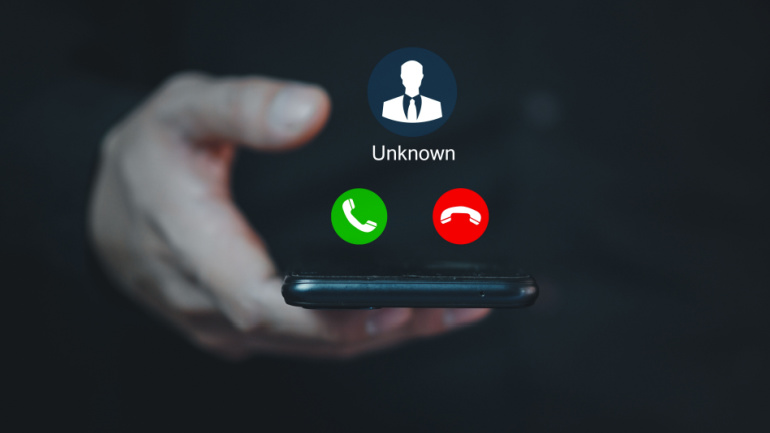This week, the United Kingdom’s telecommunications regulator, Ofcom, has enacted stronger measures surrounding faux phone numbers and fraudulent calls, with a specific focus on Calling Line Identification (CLI) data.
These latest modifications add pressure on service providers to increase their efforts in impeding international scammers from masquerading as calls within the United Kingdom. “In this consultation, we are proposing to update our CLI Guidance to confirm that providers are expected to identify and block calls from abroad that use a UK geographic or non-geographic telephone number as a Presentation Number, except in a limited number of legitimate use cases,” mentioned Ofcom in a direct statement.
Indeed, this noteworthy amendment is aimed at putting a clincher on a loophole that enables con artists to phony a UK number from abroad. The illegitimate international number can portray itself as a UK-based organization and successfully connect with unwitting UK users.
Regardless, the updated rules still offer a handful of permissible exceptions, such as UK mobile users who make calls home while in foreign countries and roaming other networks. This also applies to traffic from UK customers who utilize overseas cloud services or nodes.
Prevention of scam calls, unsurprisingly, is a pivotal objective for all operators. Nevertheless, executing such a plan without hindering valid calls can pose a considerable challenge. The deadline for the Ofcom’s public consultation on this matter is marked as March 28th, and the definitive version of the rules will be ratified within the span of the next year.
These upcoming directives draw from previously implemented rules set in 2022, which mandated all landline and mobile network providers to block spoofed calls if ‘technically feasible’. To assure adherence to these revised rules, Ofcom has announced a new enforcement programme. This strategy focuses on assessing the effective and efficient use of telephone numbers. The programme is slated to run between 12 to 18 months, and potential breaches could lead to formal inquiries.








